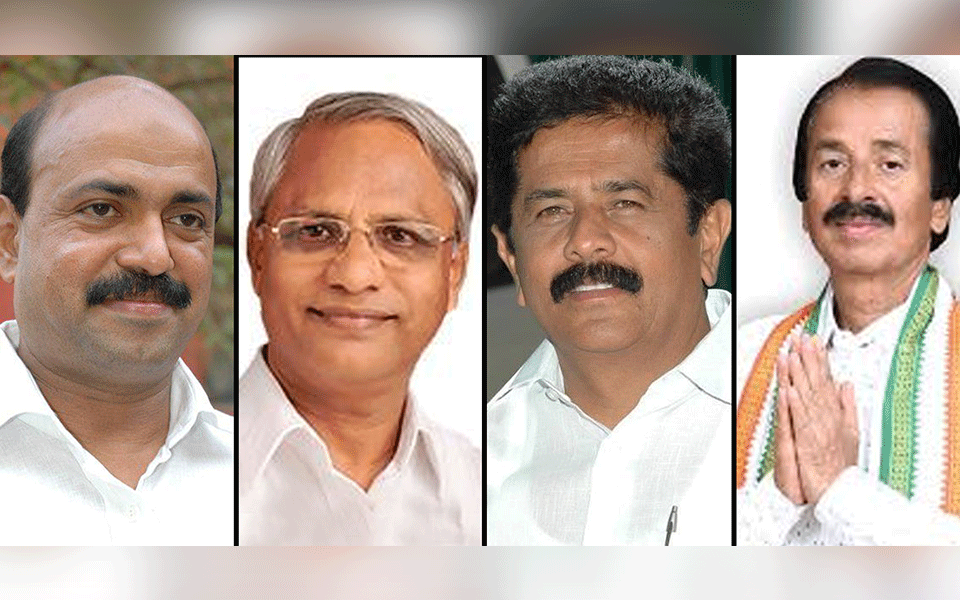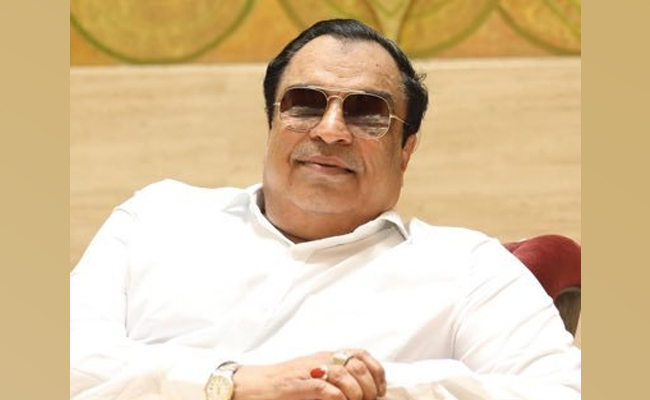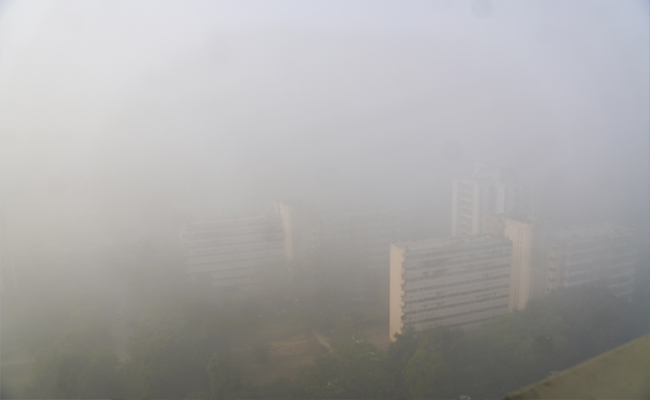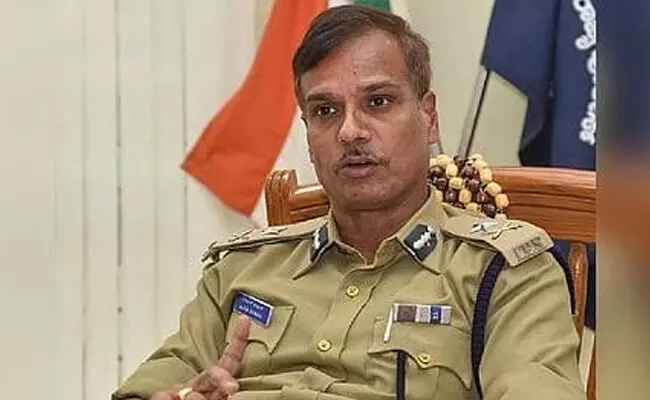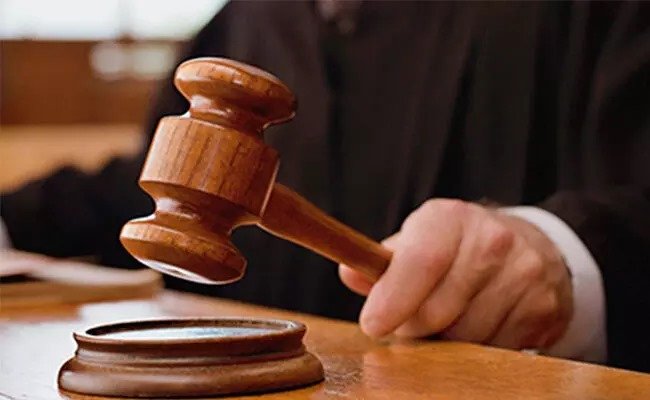Bengaluru, June 30: Congress leaders who were complaining EVM hacking for losing the recent assembly elections in Karnataka have now taken the matter to the High Court of Karnataka.
Former Congress MLA of Mangaluru South J.R.Lobo who was defeated by BJP's Vedavyas Kamath was the first to file a petition in Karnataka High Court on Thursday. He has alleged that EVMs have been tampered with in his constituency.
Following Lobo's petition, three more Congress leaders who have lost the recent assembly elections have also filed the petition in high court with the same allegation. They are M.K.Somashekar, who lost from Krishnaraja of Mysore , Vasu who lost Chamaraja in Mysore and B.A.Mohiuddin Bava , who was defeated in Mangaluru North. All the four constituencies have been won by BJP candidates.
C.S.Arun Machaiah who lost from Madikeri constituency as Congress candidate has also said that he will go to court with the same grievance. Many other defeated Congress MLAs have also alleged that they have lost due to EVM malfunctioning or tampering. They are also expected to file petition soon in the court.
Congress under Chief Minister Siddaramaiah was confident of coming back to power in Karnataka. Many surveys had also suggested that there is no anti incumbency wave against Siddaramaiah government and Congress has a clear edge. But the election results came as a rude shock to ruling Congress where it slipped to 78 seats whereas BJP which was not expected to do very well jumped from 40 to 104 seats.
Following the results many prominent congress leaders started complaining about possible EVM tampering. For the first time , even AICC seriously discussed the issue. Now Congress leaders seem to have made up their mind to take the matter to court and fight against EVMs.
Let the Truth be known. If you read VB and like VB, please be a VB Supporter and Help us deliver the Truth to one and all.
Kalaburagi: Two years after being expelled from the Janata Dal (Secular), former minister C.M. Ibrahim has announced that he will launch a new regional political party in Karnataka on January 24, reported Deccan Herald.
Speaking at a meeting organised by the Nava Karnataka Nirmana Andolana in Kalaburagi on Sunday, Ibrahim confirmed the birth of the new party.
The 77-year-old politician stated he would soon be meeting with other like-minded individuals to choose a symbol for the party.
ALSO READ: Veteran Congress leader Shamanuru Shivashankarappa laid to rest with full state honours
Ibrahim emphasised that the organisation would be guided by the principles of 12th-century social reformer Basavanna and the architect of the Indian Constitution, Dr. B. R. Ambedkar.
A veteran politician, Ibrahim served as Union Civil Aviation Minister during the tenure of H.D. Deve Gowda as Prime Minister and later headed the Karnataka unit of the Janata Dal (Secular). He was expelled from the JD(S) in 2023 on charges of anti-party activities.
His exit from the party followed sharp differences over the JD(S) decision to ally with the Bharatiya Janata Party (BJP). As the then state president of the JD(S), Ibrahim had publicly criticised the alliance, claiming it was finalised without his knowledge. He had also reportedly convened meetings of his supporters and expressed support for the INDIA bloc.

